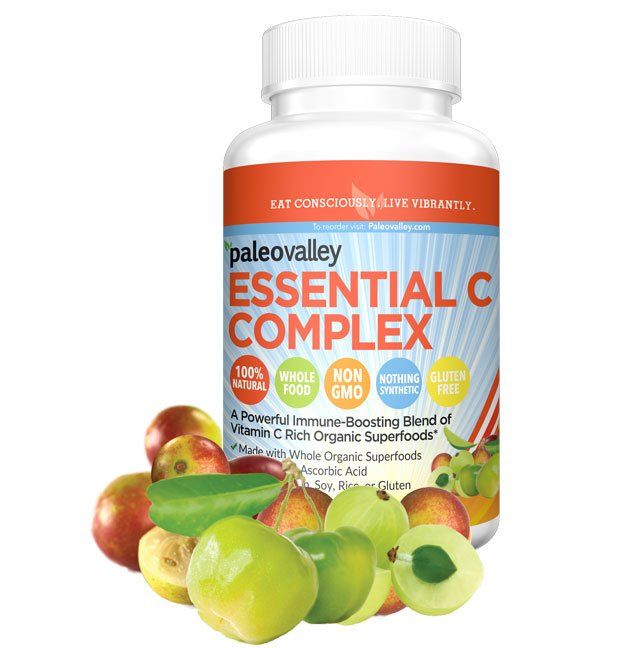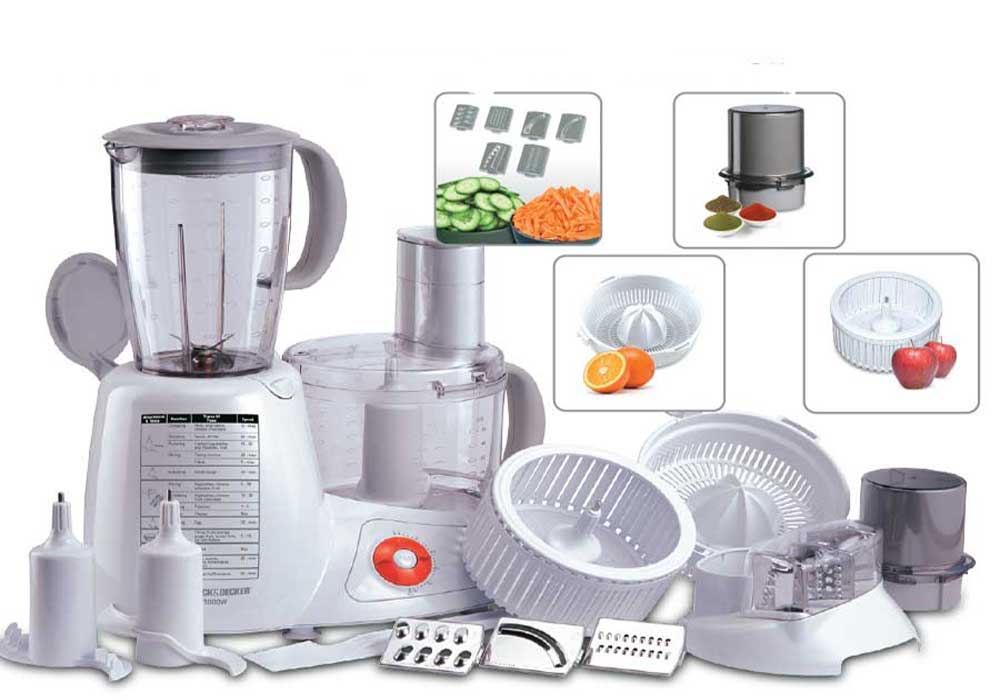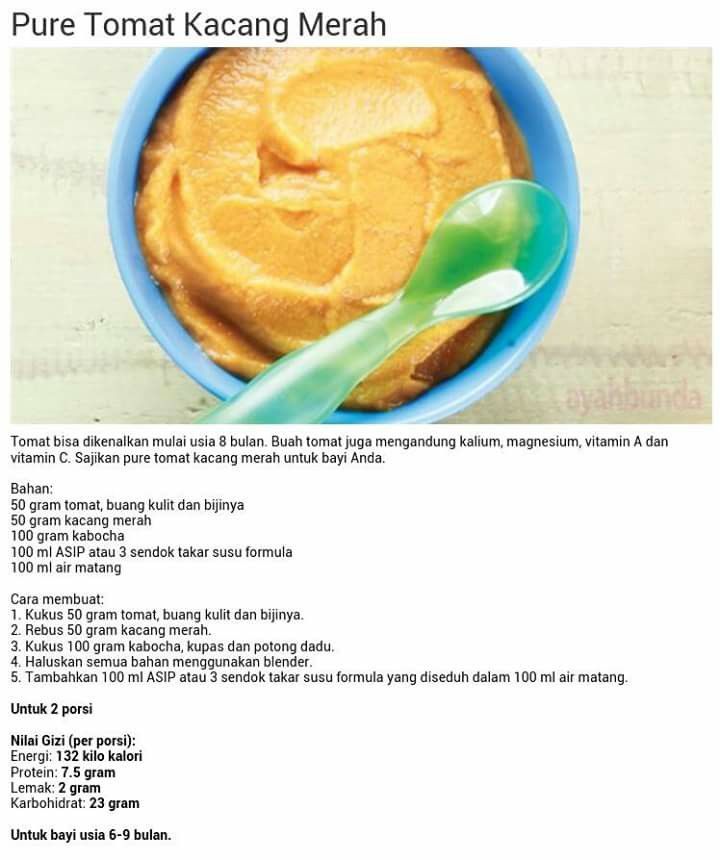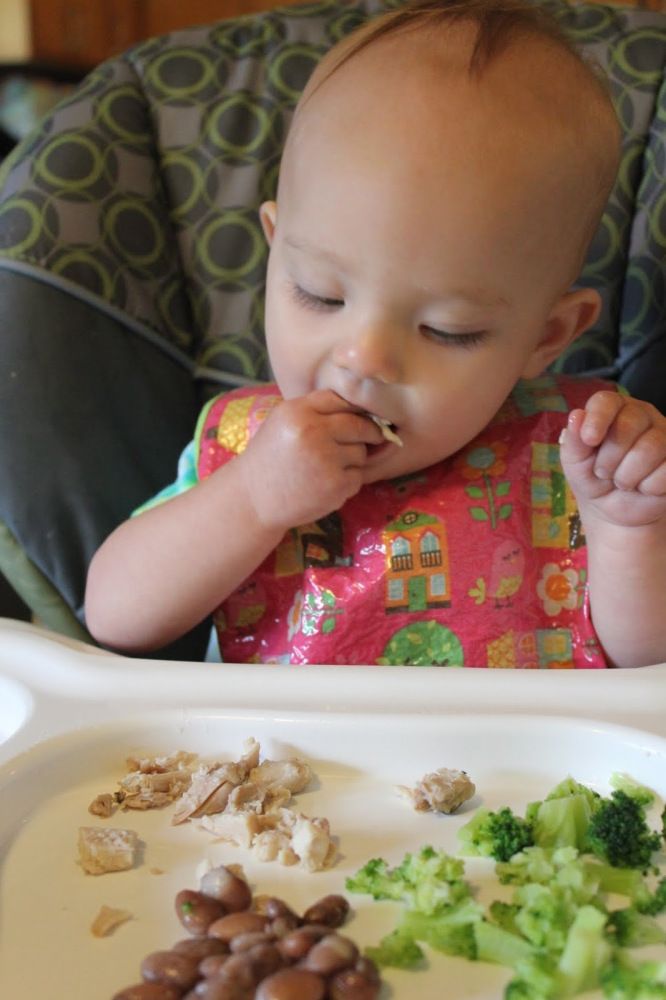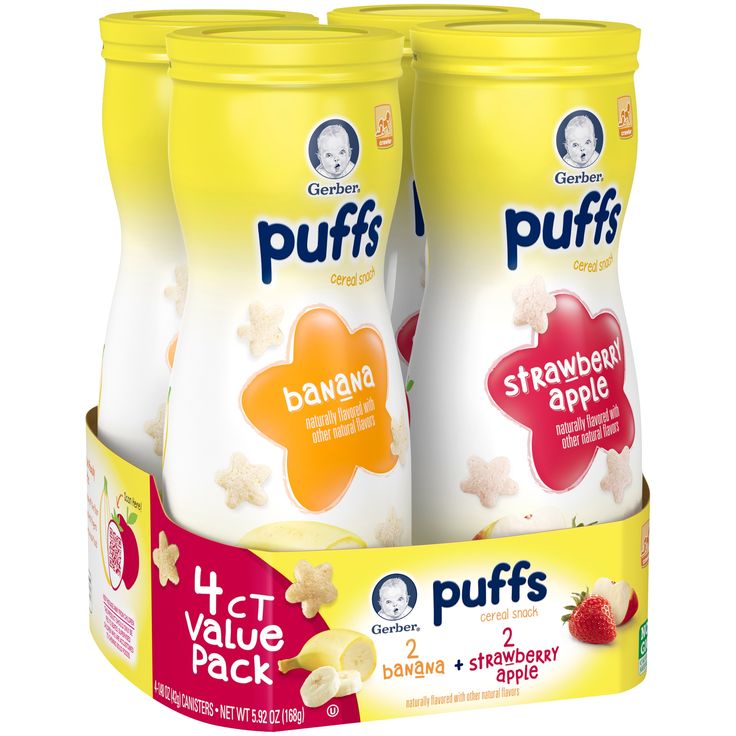Baby food pesticides
In 20 Years Since Landmark Law, Pesticides in Baby Food Drop Dramatically
On Aug. 3, 1996, President Bill Clinton signed the Food Quality Protection Act, a landmark law that required the EPA to show that all exposures to pesticides in food were safe for infants and children. In the 20 years since its passage, the EPA has banned or reduced the use of many of the most harmful pesticides, and federal testing confirms that amounts of pesticide residue in baby food have dramatically decreased.
There’s more work to be done to ensure that infants, children and Americans of all ages are protected from exposure to harmful pesticides. But Department of Agriculture tests of thousands of baby food samples between 2010 and 2013 show big declines in levels of harmful pesticide residues.
Pesticide residues reduced
In the 1990s, many highly toxic insecticides were widely used in conventional agriculture. A 1993 study by National Academy of Sciences, “Pesticides in the Diets of Infants and Children,” raised important concerns about the EPA’s limited actions to police pesticide use and its failure to protect children.
In 1995, EWG tested pesticide residues in 72 conventional baby food samples. We found 16 different pesticides, including three probable carcinogens, eight neurotoxins and five endocrine disruptors.
The Food Quality Protection Act directed the EPA to take an immediate look at the most toxic pesticides, and ensure children were not harmed by residues in food and water, or by pesticides drifting from fields into nearby communities. Over the intervening 20 years, the EPA cancelled many of these chemicals, or restricted their use in agriculture and household pest control.
In 2012, researchers from the Rollins School of Public Health at Emory University compared the results from the Centers for Disease Control and Prevention’s sampling of thousands of American adults between 1988 and 1994 with the results of sampling in 2003 and 2004. They found a marked decline in metabolites of organophosphate pesticides in Americans’ bodies.
For children, further protection needed
Today, with very few exceptions, toxic insecticides are less commonly detected in foods, and are in lower amounts when they are present, than they were 20 years ago.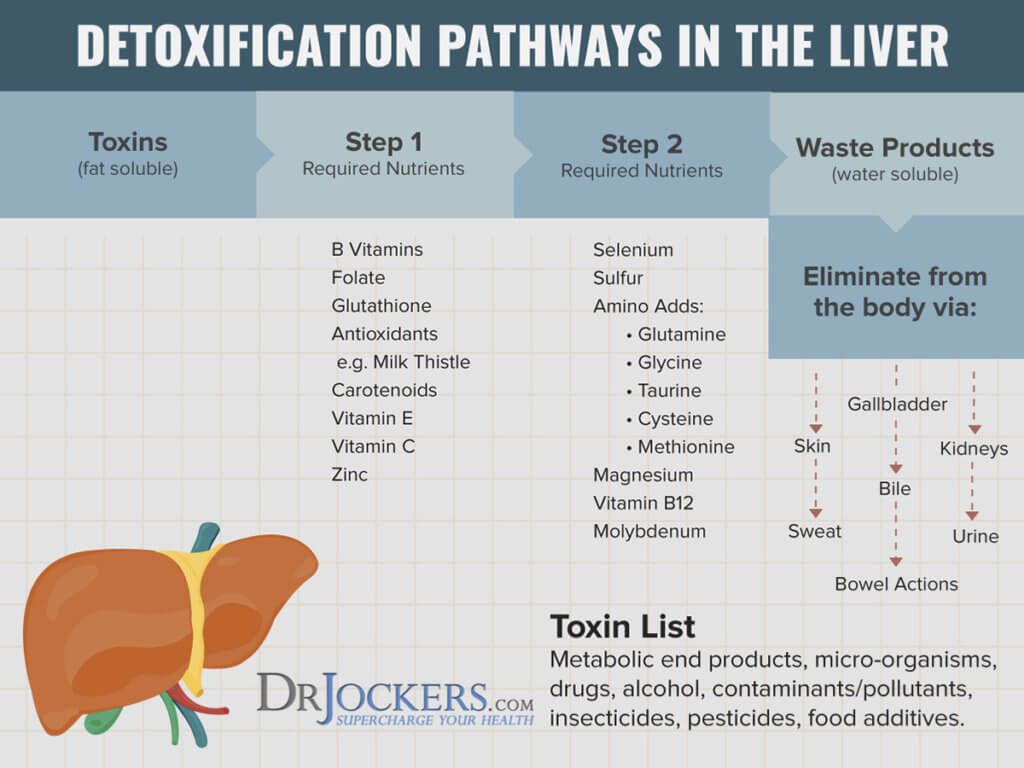 But important work remains.
But important work remains.
The overall amount of pesticides applied in agriculture shows no sign of decline. Some OPs like chlorpyrifos are commonly used on commodity crops like corn and soy. In fruit and vegetable cultivation, neurotoxic insecticides have largely been replaced by alternatives the EPA classifies as reduced risk. These and other chemicals are still commonly detected in baby food and other foods. The safety of these pesticide residues, while undoubtedly less toxic than that in the 1990s, is not assured.
In the last 20 years, we’ve learned much more about children’s unique vulnerability to pesticides. Their bodies have not matured, so they can't metabolize and excrete chemical compounds as quickly as adults. They’re developing rapidly, so small doses of neurotoxic pesticides can cause permanent changes to their brains and nervous systems.
The European Union takes more precaution, limiting pesticide residues in all baby food to a maximum of 10 parts per billion.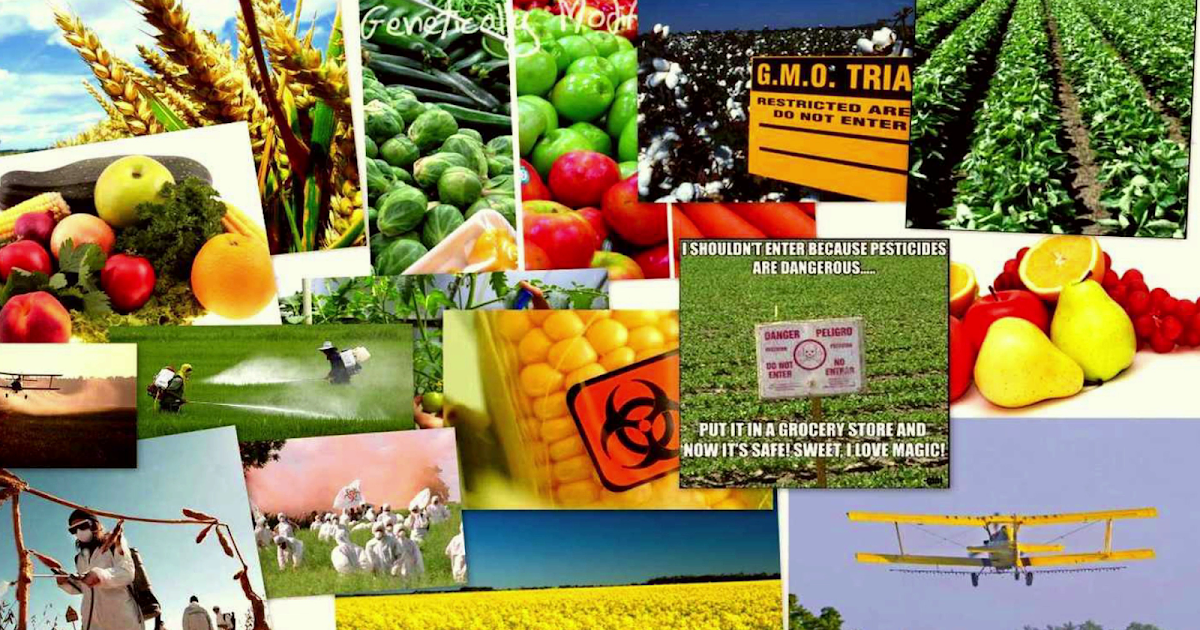 This means companies who want to sell baby food in Europe must use fruits, vegetables and grains with fewer pesticide residues than companies selling on the American market.
This means companies who want to sell baby food in Europe must use fruits, vegetables and grains with fewer pesticide residues than companies selling on the American market.
As a result, many American baby foods could not be sold in Europe. Department of Agriculture tests show that 30 to 40 percent of baby applesauce, and green bean, peach and pear purees contain one or more pesticide residues at concentrations greater than 10 parts per billion. However, no carrot or sweet potato purees exceed the EU limit.
EWG will continue to work for removal of highly toxic pesticides from Americans’ food. As always, we recommend that you buy organic when possible. Our Dirty Dozen™ list tells you which fruits and vegetables have the most pesticide residues, and our Clean Fifteen list tells you which conventionally grown items have the lowest levels of pesticide residues.
Pesticides in your child's food: What you need to know
Should I be concerned about pesticides in the food my child eats?
Yes.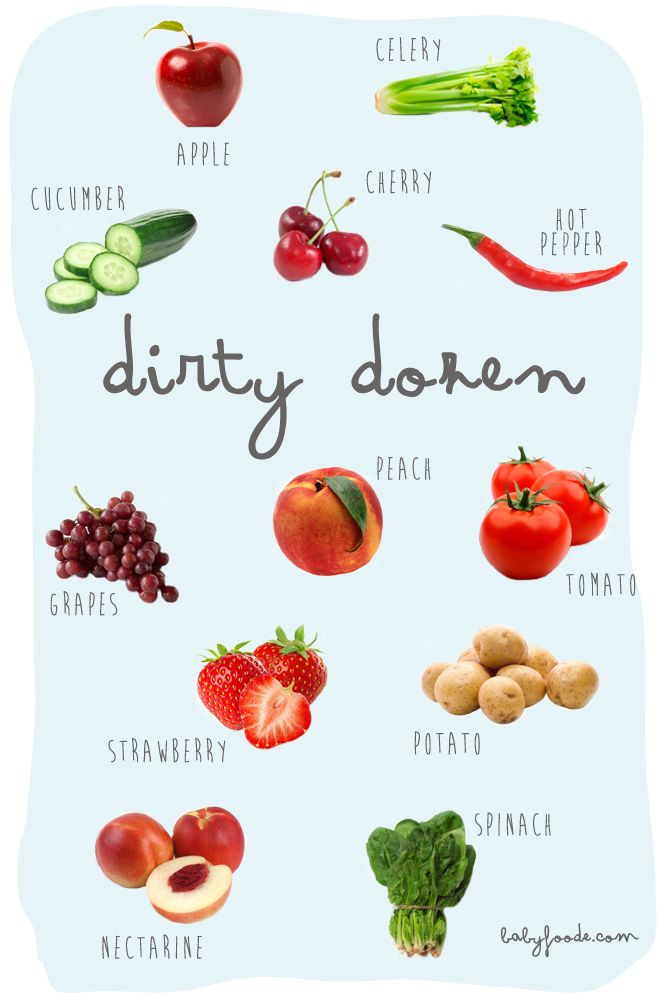 Pesticide residues are often found on produce, and fruits and vegetables are an important part of your child's diet.
Pesticide residues are often found on produce, and fruits and vegetables are an important part of your child's diet.
Pesticides protect crops from damage, which helps keep groceries affordable. But research shows that pesticides also contribute to a wide range of health problems, including cancer, lung disease, reproductive problems, and possibly disorders of the endocrine and immune systems.
Animal testing indicates that pesticides can cause permanent changes in brain chemistry that may lead to behavioral disorders, learning disabilities, and even long-term damage to the brain and nervous system.
Pesticide exposure can affect your child's health today and in the future. In fact, some effects may not become apparent until later in life.
Do you buy organic food for your family?
Mostly or always
Sometimes
Rarely or never
Are children more vulnerable to pesticides than adults are?
Yes. Children tend to eat a limited number of foods, which can increase their exposure to specific pesticides.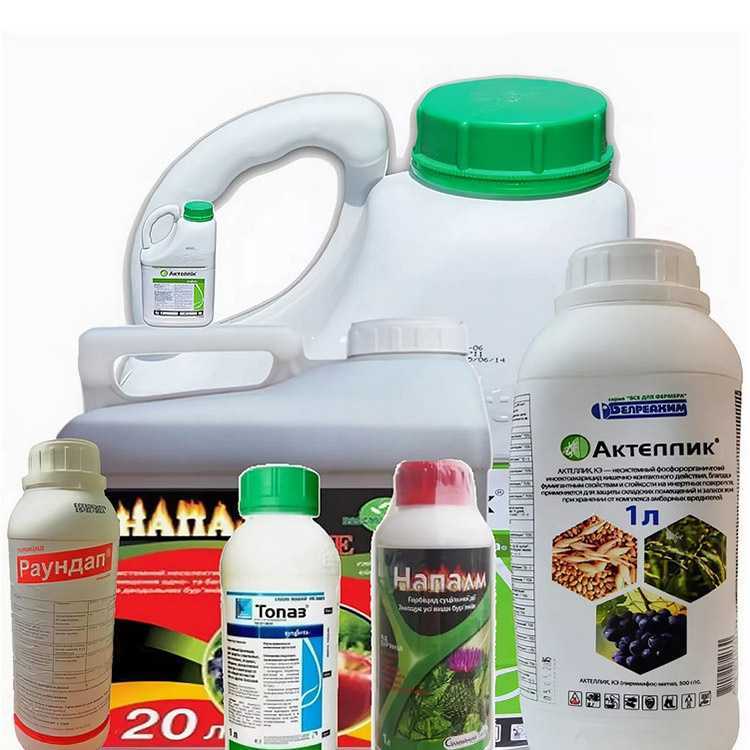 They also eat more food relative to their body weight than adults do.
They also eat more food relative to their body weight than adults do.
Children may also absorb pesticides more easily. And because their gastrointestinal tract is still developing, their bodies may be less capable of breaking down toxins. Finally, pesticides can block absorption of the nutrients that are vital to healthy growth and development.
Keep in mind that eating food isn't the only way your child can come in contact with pesticides: They can also get into drinking water.
And if you use pesticides in your home or yard, that's another way your child will be exposed. You can even track pesticides into your home on the soles of your shoes. Then your child can ingest the chemicals if he plays on the floor or puts something from the floor into his mouth, for example.
(Pesticides can also cross the placenta, so pregnant women need to take care to minimize exposure.)
Advertisement | page continues below
Aren't there regulations to protect my child from pesticides in food?
In the United States, existing regulations are intended to do just that.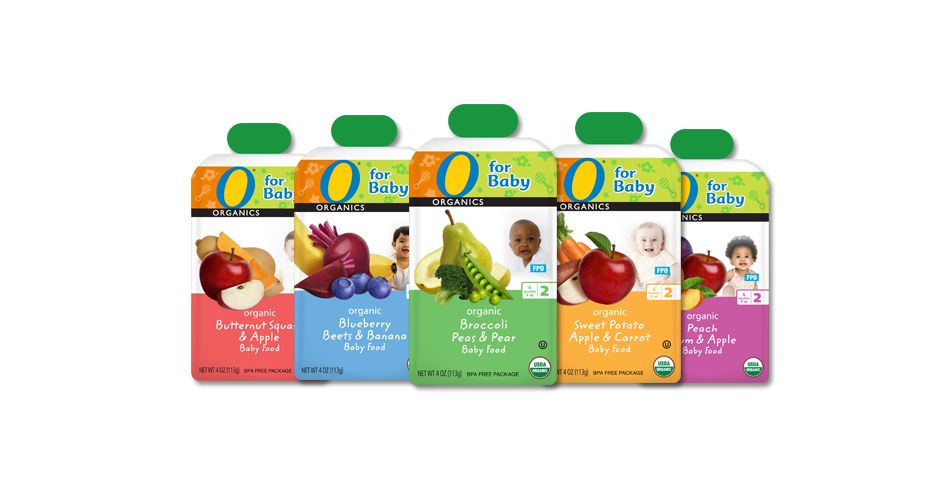 The Environmental Protection Agency (EPA) sets limits on the amount of pesticides that may be used on crops. The limit is based on how toxic a particular pesticide is, how much residue will remain on the crop, and how much of the crop a consumer is likely to eat.
The Environmental Protection Agency (EPA) sets limits on the amount of pesticides that may be used on crops. The limit is based on how toxic a particular pesticide is, how much residue will remain on the crop, and how much of the crop a consumer is likely to eat.
The Food Quality Protection Act, passed in 1996, requires that the residue levels of pesticides be safe for babies and children, taking into account children's special sensitivity to pesticides. However, under certain circumstances – like in the case of economic hardship to the farmer – the EPA can authorize the use of pesticides that don't meet safety standards.
Some consumer advocacy groups believe that limits on pesticides should be stricter to protect children.
While federal regulations have been gradually prohibiting the most dangerous pesticides, more remain in use. In addition, tests have found that some produce contains high levels of pesticides that have long been banned in the United States because these chemicals are still in the soil.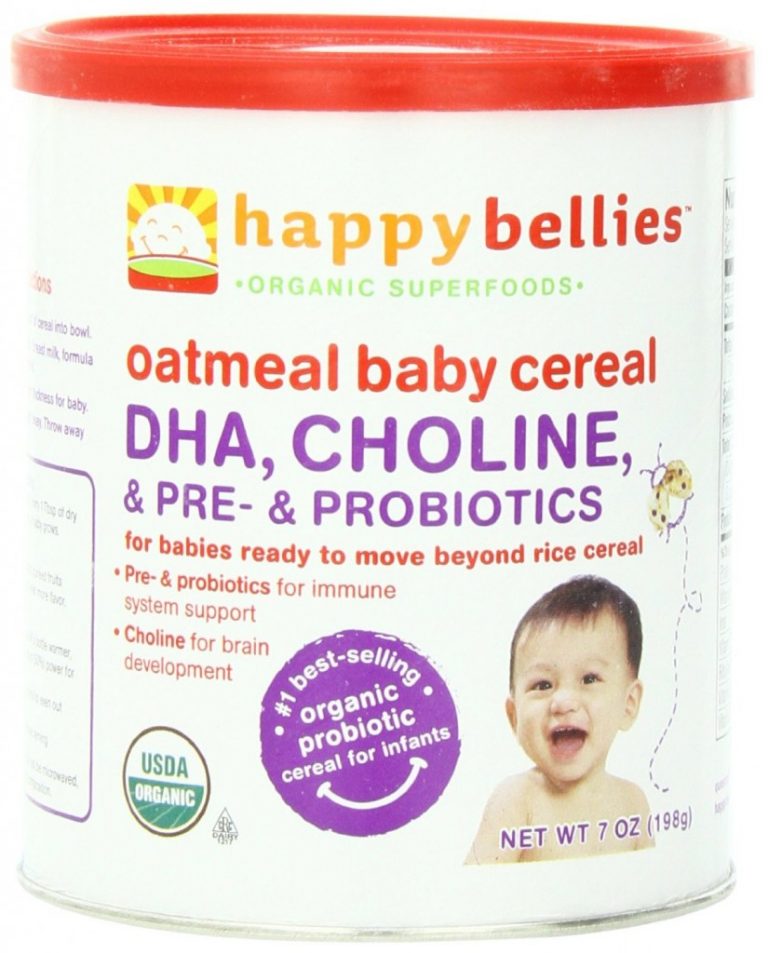 And when farmers plant in contaminated soils, they often end up with contaminated produce.
And when farmers plant in contaminated soils, they often end up with contaminated produce.
The U.S. Department of Agriculture's (USDA) Pesticide Data Program tests foods for pesticide residues. According to the program's annual report, 64 percent of the fruits and vegetables – both fresh and processed (including baby food) – tested in 2010 had detectable pesticide residues. Low levels were found in eggs, oats, catfish, and drinking water.
The USDA emphasizes that these foods are safe to eat. Pesticide residues were largely within the limit deemed acceptable by the EPA.
Why do fresh fruits and vegetables have higher residue levels than canned?
Foods grown for processing don't need to look appealing, so they normally aren't sprayed as much before harvest. And when foods are processed, they're often peeled, washed, or heated, which removes many pesticide residues.
Should I cut down on the amount of fresh fruits and vegetables I feed my toddler?
No. Don't let a fear of pesticides make you serve less produce.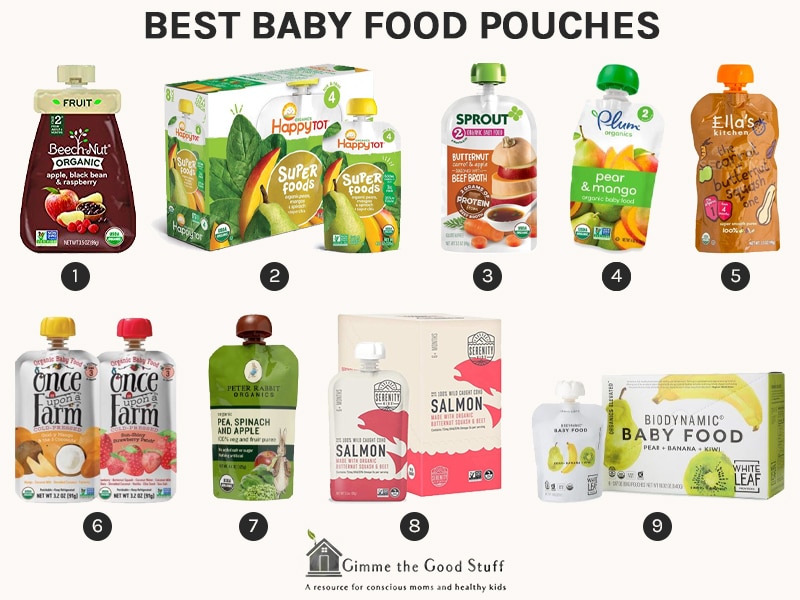 Fruits and vegetables are an important part of a healthy diet for every child.
Fruits and vegetables are an important part of a healthy diet for every child.
The American Academy of Pediatrics (AAP) points out that the negative impact of not including fruits and vegetables in your child's diet is far greater than any potential risk from pesticides at the levels found in produce. And there are things you can do to reduce the amount of pesticides your child consumes without restricting produce in his diet.
What can I do to protect my child from pesticides in food?
These simple steps can greatly reduce the amount of pesticides in your family's food:
- Peel fruits and vegetables, and remove the outer leaves of vegetables like lettuce and cabbage.
- Scrub (under running water) all fruits and vegetables that you don't peel. Cleaning products specifically designed to wash produce may also help.
- Some foods – like strawberries, grapes, broccoli, lettuce, and spinach – are more difficult to wash. Soak these briefly, then rinse.
- Choose produce without mold, bruising, and decay.
 These are likely to harbor more pesticides.
These are likely to harbor more pesticides. - Trim the fat off meat and remove the skin from poultry. Pesticides (and other environmental chemicals) are often concentrated in the fat and skin of poultry, meat, and fish.
- Consider buying organic produce, especially foods your child eats a lot of or items on the "Dirty Dozen" list (below).
- Look for locally grown produce. Fruits and vegetables that are grown far away require after-harvest pesticides and waxes to help them survive the long trip. And produce that has to travel is often picked before ripening, which reduces flavor as well as nutrients.
- Buy produce in season. Although it seems like a treat to buy juicy, red strawberries or tomatoes in the dead of winter, keep in mind that food grown out of season usually comes from another hemisphere. Again, this produce will be picked earlier and probably contain more pesticides.
- Serve a wide variety of food, especially produce. A varied diet limits repeated consumption of the same pesticide.
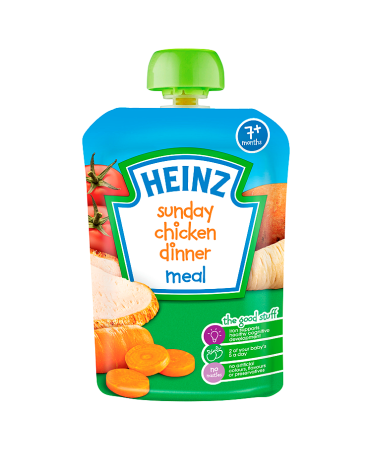
Avoid the "Dirty Dozen"
When purchasing and preparing produce, keep in mind the Environmental Working Group's "Dirty Dozen". This list of the fruits and vegetables with the highest – and lowest – levels of pesticide residue is based on test results from the United States Department of Agriculture.
As of 2019, these are the 12 fruits and vegetables with the highest levels of pesticide residue: strawberries, spinach, kale, nectarines, apples, grapes, peaches, cherries, pears, tomatoes, celery, and potatoes.
These had the lowest levels of pesticide residue: avocados, sweet corn, pineapples, frozen sweet peas, onions, papayas, eggplants, asparagus, kiwis, cabbages, cauliflower, cantaloupes, broccoli, mushrooms, and honeydew melons.
This doesn't mean that you need to ban apples from your shopping cart, but you may not want to rely on them solely to meet your child's fruit requirements. Introduce your child to many different kinds of fruit, including those with low pesticide residue, like kiwi and papaya.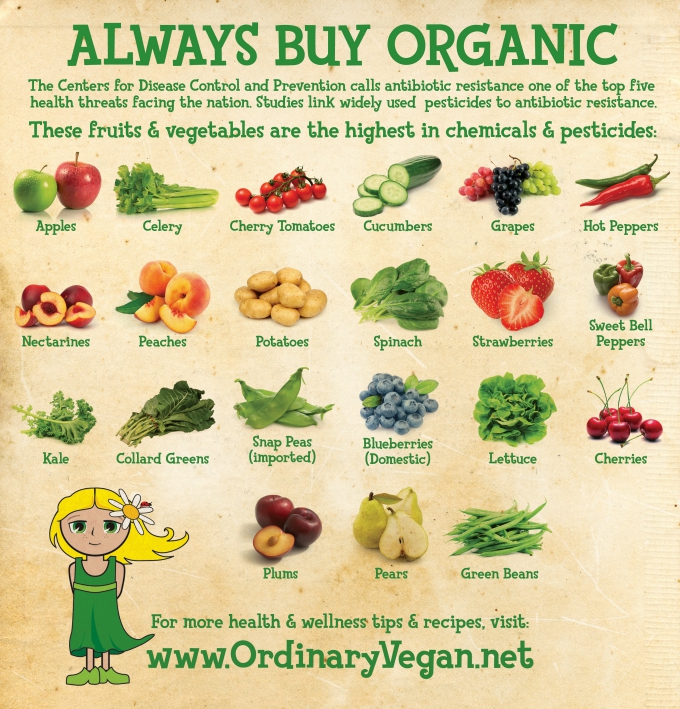 And when you do serve apples that aren't organic, wash them thoroughly or peel them.
And when you do serve apples that aren't organic, wash them thoroughly or peel them.
Is organic produce worth the additional cost?
That's up to you. Two recent research reviews found no compelling evidence that organic foods were nutritionally better than nonorganic foods. Eating organically grown foods may reduce your exposure to pesticides, but they have the same nutritional value as their conventionally grown counterparts. Also, some organic meat (like pork) doesn't have the antibacterial properties that make it less likely for bacteria to grow.
But a study done in 2008 found that when children switched to a diet of organic food, the amount of pesticides in their urine dropped to nearly undetectable levels. And some studies also show that organic fruits and vegetables actually are more nutritious because they contain more vitamin C and antioxidants, which may help prevent heart disease, than nonorganic fruits and vegetables. For example, one study found that organic strawberries have 8.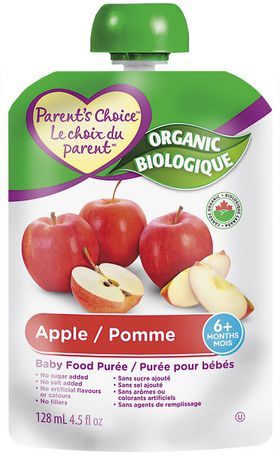 5 percent more antioxidants than nonorganic fruit.
5 percent more antioxidants than nonorganic fruit.
If you choose to buy organic produce, try to buy it directly from the producer – there's a good chance it'll be cheaper. Look for organic growers at your local farmer's market, farm stand, or food cooperative.
And if you have the outdoor space, consider growing some of your own organic fruits and vegetables. Gardening is also a great way to teach your child about nutrition.
Roskachestvo found pesticides in baby food
Roskachestvo specialists checked the composition of popular baby food and found hazardous substances in it. In particular, pyrimethanil, which is used to destroy mold and fungi in fruits, says Olga Zhemchugova, a correspondent for the MIR 24 TV channel.
Yulia likes to make applesauce for two-year-old Veronika herself. Apples, banana, some lingonberries - everything is in a blender, a snack is ready. There will definitely not be anything superfluous in cooked at home, mothers are sure. Another thing is mashed potatoes from the store.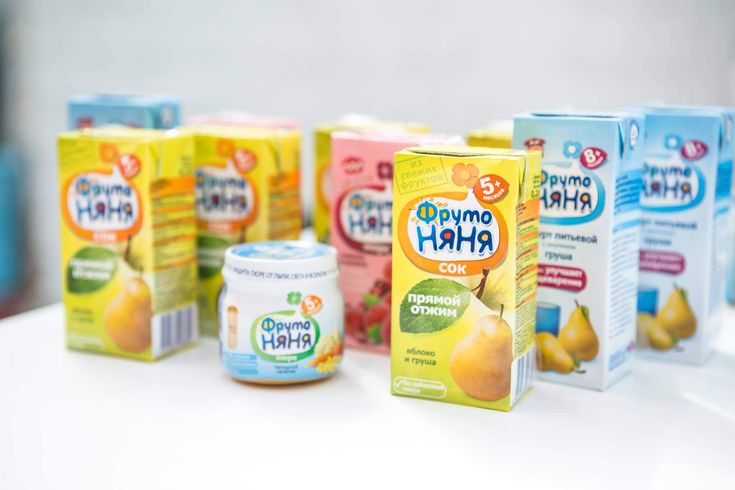
“I try to minimize such food, I use it only in emergency cases,” says Yulia Pryadkina.
The parents' fears were confirmed by Roskachestvo. They checked 24 brands of baby applesauce. Seven of them found traces of pesticides. These are drugs that are used to protect crops from pests. However, they themselves are no less harmful. UN experts emphasize: pesticides can cause endocrine diseases and developmental disorders.
“This device detects 90 pesticides. There are 90 pesticides in each of the bowls,” notes Irina Rybakova, chief specialist of chemical and toxicological research.
Experts note that in modern mass farming it is practically impossible to refuse such preparations. Otherwise, the harvest will perish. The amount of pesticides found was within the normal range.
“The rest of the drugs that we found are drugs that are approved for use, and there are no regulations for them. Therefore, it makes no sense to talk about the dangers of them, ”says Olga Shnitzer, an employee of the testing laboratory for determining the safety and quality of products.
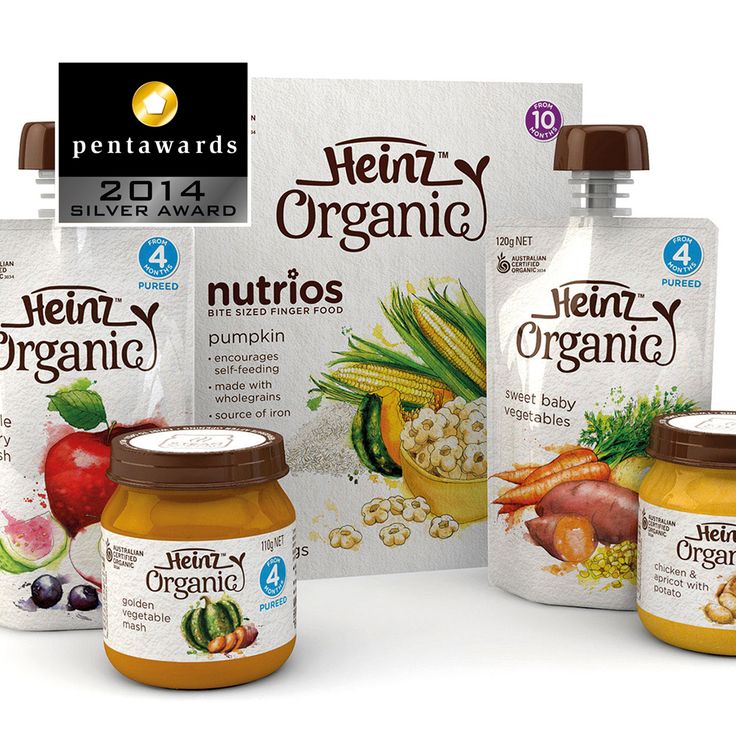
However, Roskachestvo is still concerned about the content of baby food jars.
Baby food is a rather specific category. It must be safe. If we are talking about mashed potatoes, then it should not contain synthetic dyes, flavors and impurities, ”stresses the press service of Roskachestvo, Yana Shiryaeva.
Regardless of the results of the examination, doctors urge parents to read the label in detail and pay special attention to whether sugar is added to baby puree. According to GOST, this is unacceptable.
“You read the label, see what product you have, how many carbohydrates there are. If their number goes off scale, it can be assumed that sugar was added, but it was not indicated on the label, ”advises Marina Sergeenko, consultant in clinical nutrition and orthomolecular medicine.
Roskachestvo noted that they track baby food according to 48 indicators. The test is independent, samples come to the laboratory without brand names.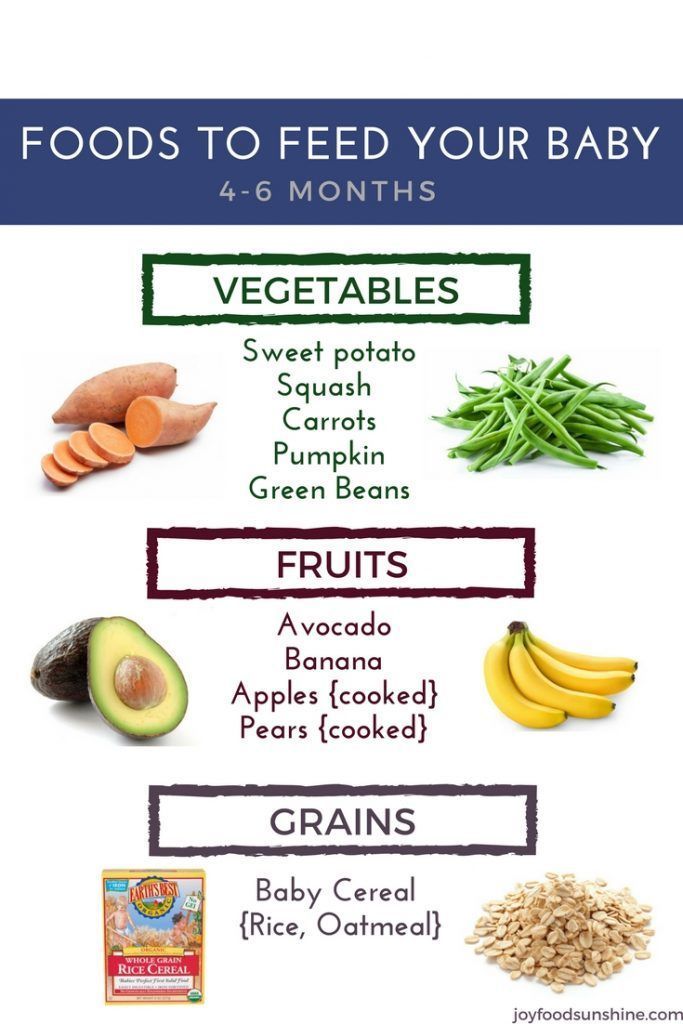 If any of the samples is recognized as unsafe, then the results will be betrayed by the control and supervisory authorities. It is up to them to decide how to punish unscrupulous manufacturers.
If any of the samples is recognized as unsafe, then the results will be betrayed by the control and supervisory authorities. It is up to them to decide how to punish unscrupulous manufacturers.
We would like to remind you that earlier Roskachestvo specialists carried out a large-scale inspection of popular children's breakfasts – chocolate balls. A dangerous toxin has been found in the products of many well-known brands.
Author : Olga Zhemchugova
Geography : RUSSIA
Tags : BABY FOOD
Roskachestvo found pesticides in applesauce for children
https://ria.ru/20191128/1561692457.html .2020
Roskachestvo found pesticides in applesauce for children
Roskachestvo tested 24 brands of applesauce for baby food and found traces of pesticides in ten samples, the organization said.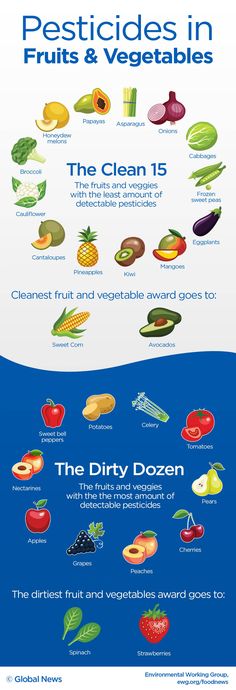 RIA Novosti, 03.03.2020
RIA Novosti, 03.03.2020
2019-11-28T08: 30
2019-11-28T08: 30
2020-03-03T17: 48
Society
Health-Society
Russia
Russia
/HTML/Head/META [ @name='og:title']/@content
/html/head/meta[@name='og:description']/@content
https://cdnn21.img.ria.ru/images/156244 /93/1562449374_0:0:2279:1282_1920x0_80_0_0_d929793688c9dd7ff87ce7e2722ad5f9.jpg
MOSCOW, November 28 - RIA Novosti. Roskachestvo tested 24 brands of applesauce for baby food and found traces of pesticides in 10 samples, the organization said. pyrimethanil, fludioxonil, acetamiprid, carbendazim, propargit, thiabendazole," the message says. Products were screened for the presence of more than 100 types of drugs. However, since the content of detected pesticides is currently not standardized and controlled in Russia, all purees meet the mandatory requirements, the report says. Of the checked brands, 12 are produced in Russia, 5 - in Belarus, purees of two brands - from Spain , one brand each from Latvia, Poland, Serbia, the Czech Republic and Scotland. The cost of applesauce at the time of purchase was from 10.32 to 104.79ruble per 100 grams. "According to the results of the study, all products are recognized as absolutely safe," the message says. The experts did not find vegetable impurities, preservatives, synthetic dyes, sweeteners and sweeteners. Starch was contained in the products of only one brand, which, due to the presence of sucrose in its composition, turned out to be the sweetest. In one sample, the content of carbohydrates was higher than stated in the labeling.
The cost of applesauce at the time of purchase was from 10.32 to 104.79ruble per 100 grams. "According to the results of the study, all products are recognized as absolutely safe," the message says. The experts did not find vegetable impurities, preservatives, synthetic dyes, sweeteners and sweeteners. Starch was contained in the products of only one brand, which, due to the presence of sucrose in its composition, turned out to be the sweetest. In one sample, the content of carbohydrates was higher than stated in the labeling.
https://ria.ru/20190625/1555878627.html
https://ria.ru/20180814/1526486743.html
https://ria.ru/20190924/1559027164.html
Russia
RIA Novosti
1
1
9000 9000 9000 9000 9000 9000 9000 9000 9000 9000 9000 9000 9000 9000 9000 9000 9000 9000 9000 9000 9000 9000 9000 9000 9000 9000 9000 9000 9000 9000 9000 9000 9000 9000 9000 9000 9000 9000 9000 9000 9000 9000 9000 9000 9000 9000 9000 9000 9000 9000 9000 9000 9000 9000 9000 9000 9000 9000 9000 9000 9000 9000 9000 9000 9000 9000 9000 9000 9000 9000 9000 9000 9000 9000 9000 9000 9000 9000 9000 9000 9000 9000 9000 9000 9000 9000 9000
internet-group@rian. ru
ru
7 495 645-6601
Rossiya Segodnya
https://xn--c1acbl2abdlkab1og.xn--p1ai/awards/
2019
RIA News 15
4.7
96
7 495 645-6601
Rossiya Segodnya
https://xn--c1acbl2abdlkab1og.xn--p1ai/awards/
https://ria.ru/docs/about/copyright.html
https://xn--c1acbl2abdlkab1og.xn--p1ai/
RIA Novosti
1
5
4.7 900 023 [email protected]
7 495 645-6601
Rossiya Segodnya 95 645-6601
Federal State Unitary Enterprise MIA Russia Today
https: //xn---c1acbl2abdlkab1og.xn--p1ai/Awards/
RIA Novosti
1
5
4.7 9000 9000 9000
Internet- [email protected]
7 495 645-6601
Rossiya Segodnya
https://xn--c1acbl2abdlkab1og.xn--p1ai/awards/
Society, Health - Society, Roskachestvo, Russia
MOSCOW, November 28 - RIA Novosti.
Roskachestvo tested 24 brands of applesauce for baby food and found traces of pesticides in ten samples, the organization said.
"The study showed that there are no pesticides in the products of 14 brands. At the same time, trace amounts of pesticides such as pyrimethanil, fludioxonil, acetamiprid, carbendazim, propargit, thiabendazole" were found in the products of 10 brands," the report says.
Roskachestvo named the best milk formula
June 25, 2019, 08:29
Products were screened for the presence of more than 100 types of drugs. However, since the content of detected pesticides is currently not regulated and controlled in Russia, all purees meet the mandatory requirements, the report says.
Of the checked brands, 12 are produced in Russia, 5 - in Belarus, mashed potatoes of two brands - from Spain, one brand each - from Latvia, Poland, Serbia, the Czech Republic and Scotland. The cost of applesauce at the time of purchase was from 10.


